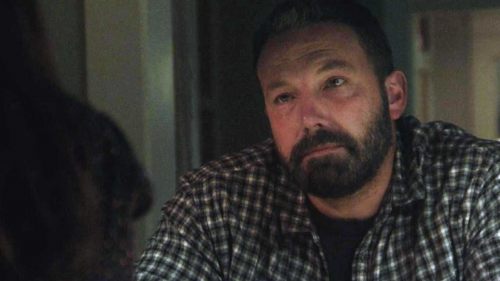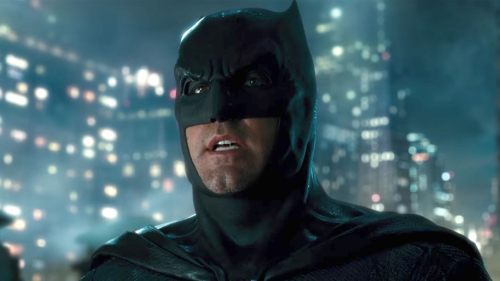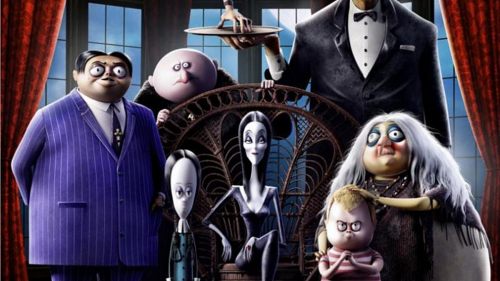TRIPLE FRONTIER Review: Shooting Blind For An Audience
I’m going to be real with you folks: the first hour of Triple Frontier was an incredibly frustrating experience, and I hated every moment of it. This is a very different thing from thinking that first half is “bad.” In fact, it’s a competently shot, well-acted “men doing a job” movie that doesn’t really have anything “wrong” with it from a technical standpoint, but it’s also explicitly appealing to a demographic of which I am not a part. And that, of course, is also not a bad thing in and of itself, but the combination of military nostalgia from men aging out of their profession and the sense of vigilante self-justification with which the film presents them made for a hard pill to swallow. It’s only once the film hits that second half that I was finally able to see what Triple Frontier was trying to say with all this posturing, and the unfortunate fact is that it doesn’t entirely succeed in saying it.
The film finds private military contractor Pope (Oscar Isaac) tracking a notorious gang leader in South America, finally discovering through his informant (Adria Arjona) that the drug lord is holed up in a safehouse deep in the jungle. Pope goes back to the states to recruit four of his former veteran comrades, each down on their luck in various ways. However, once down in the jungle, Pope reveals to his comrades that he never had a contract to raid the drug lord’s safehouse and proposes that they kill him and take the millions of dollars hidden within for themselves.
Now, as I said, there’s nothing empirically awful about this set-up or the ways in which it is executed, but the tone is one of grounded reality that wants viewers to empathize with and relate to characters who are all varying levels of asshole. Pope is so driven to kill this man he’s been hunting for years that he’s willing to trick his friends and avoid police authority to do so. Their pilot Catfish (Pedro Pascal) lost his license for being busted with cocaine. Ben (Garrett Hedlund) gets off on beating the shit out of people in MMA fights. Their former commander Redfly (Ben Affleck) drives around with open beers in his car and somehow doesn’t understand why his daughter doesn’t relate to him, which the film frames as Redfly having lost his warrior spirit, a sentiment that reads as alpha-male ideation via midlife crisis. The only reasonable one of the bunch is Ironhead (Charlie Hunnam), whose chief sin is passivity as he allows his teammates to dictate all the terms that ultimately lead them to criminality. The film presents these men as likable, down-on-their-luck heroes based on nothing but their status as veterans, and it makes the unironic stretch of watching them carry out their plan to rob and murder someone feel more than a little toxic given the film’s steadfast refusal to heighten its reality for the sake of spectacle.
But then something shifts in the second half, and while I don’t want to get into spoiler territory, it does somewhat redeem the hero worship that predominates the first act. It starts to become more and more clear that these men are not doing the right thing here, that they might even be the villains of their own story. Redfly in particular is shown to be greedy and self-serving to the point of putting the lives of his team in jeopardy on multiple occasions, and the benchmark of what is or isn’t an acceptable line to cross keeps getting moved further and further away from any sort of gray area. The film transforms into an examination of its characters’ self-righteousness, and that metamorphosis is almost enough to save Triple Frontier from itself.
Unfortunately, what keeps the film from sticking the landing is that it still wants you to like these characters it has spent so much time getting you invested in. It’s a fine line, to be sure, but it definitely feels like Triple Frontier would rather you think these were good people who crossed a line into evil than that these are bad people recognizing that they are evil. It’s a granular enough distinction that I think much of the audience that would be drawn in by hyper-masculine fetishism of the first act might not even recognize the attempted subversion in the third. As a result, Triple Frontier feels like a film without an audience, attempting a heady bit of sleight of hand without fully grasping what makes the trick work. I respect the attempt, but the effort only counts for so much.
Triple Frontier is now in theaters and will be released on Netflix on March 13, 2019.



